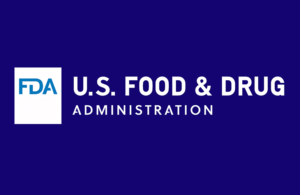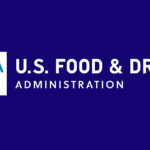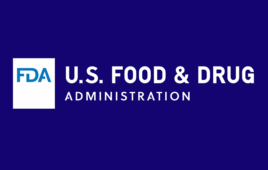 If you’re developing a new medical device and want to know how much time and cash it could take to get FDA 510(k) clearance or De Novo classification, a recent report offers some guidance.
If you’re developing a new medical device and want to know how much time and cash it could take to get FDA 510(k) clearance or De Novo classification, a recent report offers some guidance.
Boston Consulting Group and the UCLA Biodesign innovation hub questioned leaders at 102 different companies that have achieved registration or approval of a combined 105 novel technologies. Ninety of the companies are headquartered in the U.S. and nine in the EU. One-fifth of the companies are publicly traded.
Survey questions and interviews yielded detailed cost information for 50 products that successfully navigated the 510(k) pathway at a median cost of $3.1 million and 13 products that won De Novo classification at a median cost of $5 million.
“Cost is dictated by many factors, including but not limited to the inherent novelty of the design, whether clinicals are required, and whether the product consists of software or hardware,” the report said.
They also measured the time from concept for a new medical product to an agency decision, finding the median duration was 31 months for FDA 510(k) clearance and 66 months for FDA De Novo classification.
Minimum and maximum times from concept to approval were reported at 2 months to 11 years for 510(k) and 18 months to 20 years for De Novo.
“The broad time frame for both may reflect differing interpretations of the concept stage, with some inventors musing on ideas for years or decades before initiating a formal development project, and others proceeding straight from an R&D brainstorming event to the new product development queue,” the report said.
Time and money
“Competing in an innovation-driven industry with exacting requirements for patient access and safety requires ample funding and rigorous study,” the study said. “Depending on the class of device and whether a predicate product has already made it to the market, clinical trials may or may not be required. The rapid rise of digital applications and connected products adds a layer of complexity that regulators must assess. Thus, the cost and time required to bring products to market can vary quite widely.”
FDA 510(k) costs from concept to clearance
To get from concept to clearance, the companies that won 510(k) clearance spent $6.1 million on average, with the cost ranging from around $200,000 at the low end to $41 million at the upper extreme. Half of the FDA 510(k) clearances landed in the range of $1.2 million to $6.8 million, with the median at $3.1 million
FDA 510(k) times from concept to clearance
Those companies won 510(k) clearance on average in 33 months from the time of concept, with a range of 2 months to 132 months (11 years). Half of the FDA 510(k) clearances came within 18 and 43 months, with the median at 31.
FDA De Novo costs from concept to classification
To get from concept to classification, the companies that won De Novo classification spent $17.8 million on average, with the cost ranging from around $800,000 at the low end to $90 million at the upper extreme. Half of the De Novo classifications in the report landed in the range of $2 million to $21 million, with the median at $5 million.
FDA De Novo times from concept to classification
The companies that won FDA De Novo classification did so in an average of 80 months from the time of concept, with a range of 18 months to 240 months (20 years). Half of the FDA De Novo classifications in the report came within 45 and 99 months, with the median at 66.
FDA timing versus the CE mark
While the study did not compare total development costs and time to market for products achieving CE mark before 510(k) clearance, it calculated average review time from the first communication through clearance in the EU and the U.S. for 22 products.
CE marking came in at 12.1 months for the CE mark on average compared to an average of 16.4 months for FDA 510(k) clearance.
“Actual regulatory review time (submission to decision) incurred a narrower gap of 3.9 months for a 510(k) versus 3.2 for CE marking,” the researchers said, though they noted these times came before the EU’s new Medical Device Regulation (MDR).
The report can be read in full here.





